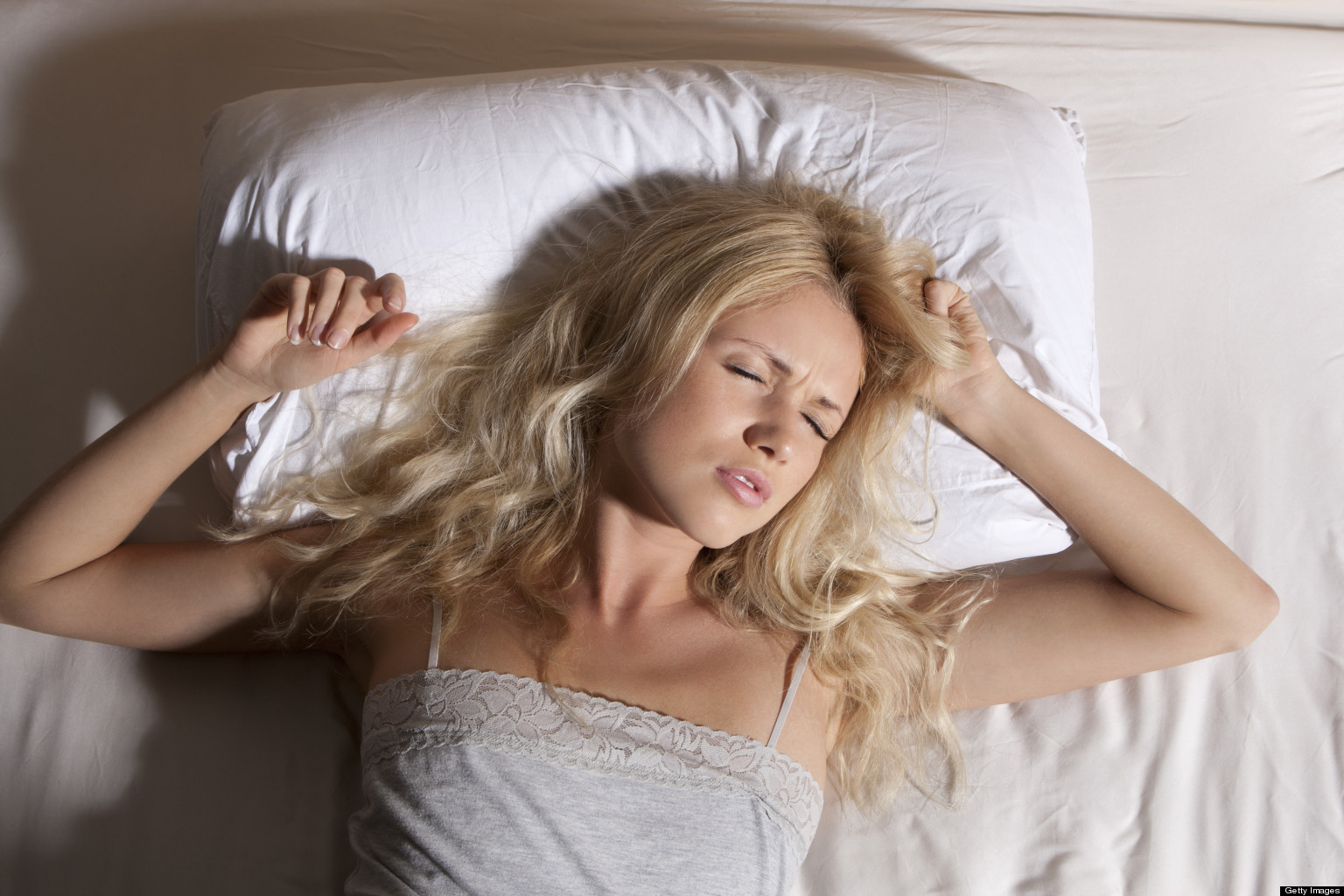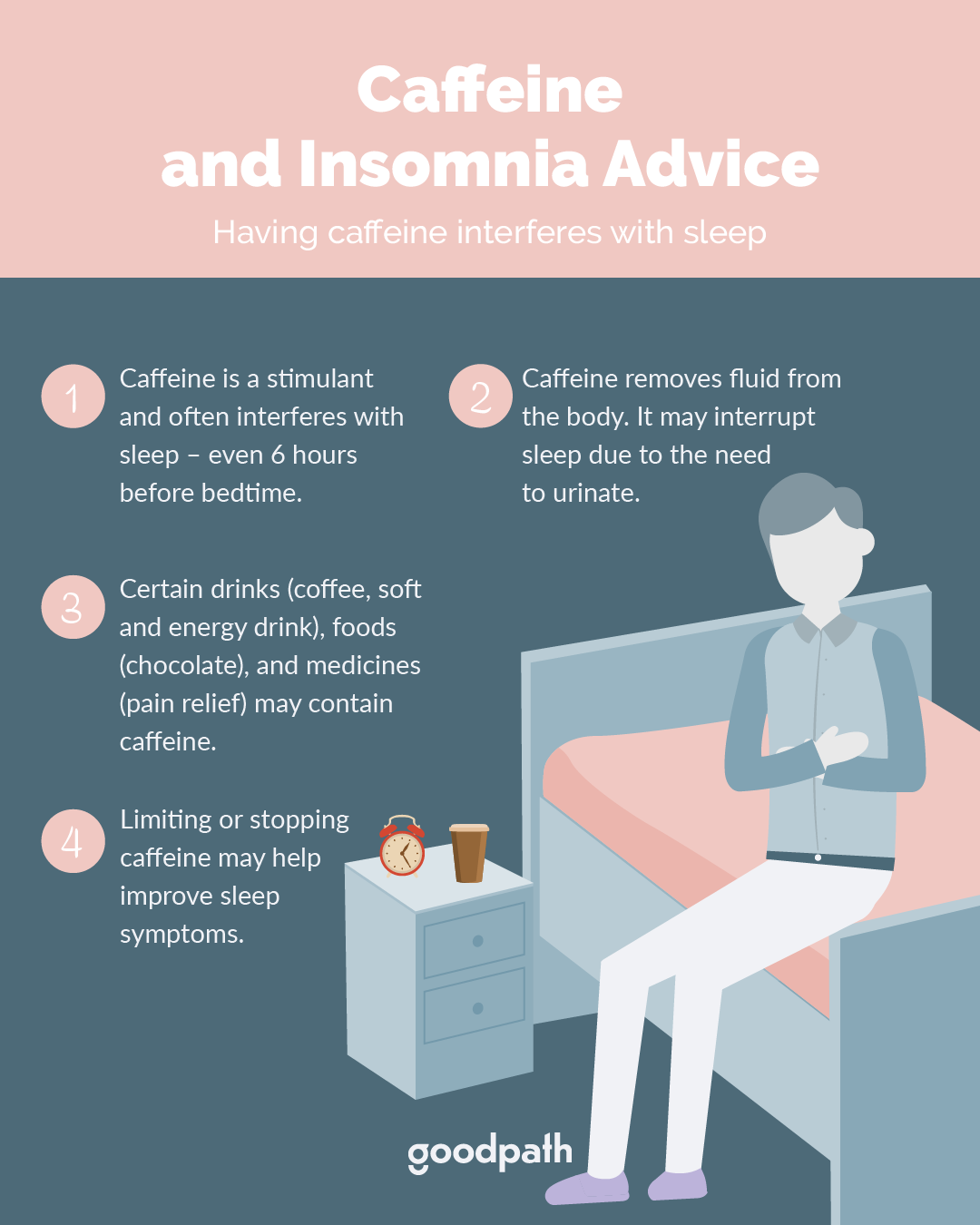

He estimates that roughly 30 to 40% of the clinic's patients develop insomnia or sleep issues, but he says it may be even more. This is something that Federico Cerrone, MD, a pulmonologist specializing in sleep medicine, has seen since he began treating long-COVID patients in October 2020 at the Atlantic COVID Recovery Center in New Jersey, where he is co-director. "In people who develop PASC, most will have severe insomnia or nonrestorative sleep after the infection - despite not having had insomnia during the acute infection," Jacob Teitelbaum, MD, an immunity expert, and board-certified internist, tells Scary Mommy. Often, these newly developed symptoms and conditions include insomnia. But this collection of symptoms and new conditions is more commonly known as "long COVID," and before that, "long-haul COVID." The Centers for Disease Control and Prevention (CDC) refers to these as "post-COVID conditions," and the National Institutes of Health (NIH) has dubbed them PASC (Post-Acute Sequelae of SARS-CoV-2 infection). Maybe they even developed new symptoms weeks or months after their initial infection. Is it normal to deal with insomnia after having COVID-19?Īt this point, you probably know someone who has had COVID but never fully recovered. So, just because insomnia is not a documented symptom of an infection, that doesn't mean COVID won't affect your sleep. Patients often have one or more risk factors or medical problems that may be contributing to insomnia." "Insomnia can precede or accompany medical or psychiatric disorders and also be a response to physical or psychological stressors. "Insomnia is one of the most common symptoms encountered in medical practice," she tells Scary Mommy. The CDC has kept an updated list of official COVID-19 symptoms since the beginning of the pandemic, and while fatigue has consistently been one of the most common, insomnia isn't on the list.īut while insomnia is not a recognized symptom of a COVID-19 infection, many of the respiratory symptoms like coughing and fevers may disrupt sleep indirectly, says Abhinav Singh, MD, FAASM - a sleep physician, the medical director of the Indiana Sleep Center, and a medical review expert at .Īnother possibility is that someone with COVID-19 may be experiencing insomnia for any number of other reasons, says Karen Jablonski, MD, a physician board-certified in neurology and sleep medicine, as well as a physician clinical reviewer for Magellan Healthcare. No, insomnia is not a documented symptom of a COVID-19 infection. Is insomnia a symptom of a COVID-19 infection? Here's what to know about COVID insomnia. After all, sleep isn't something we can afford to miss.

So, to help cut through the confusion and get some answers, Scary Mommy spoke with multiple physicians with experience treating COVID-19 and sleep disorders. In short, it's complicated and depends on the context of the question. But what about during an infection? Is COVID insomnia one of the symptoms? What about after an infection? In other words, can COVID cause insomnia? And whether or not you've had COVID yourself, you've probably had some periods (or maybe, two years) of poor-quality sleep. Secondly, COVID symptoms can vary from person to person, regardless of the variant, due to factors like pre-existing illnesses and your viral load. For one, they can change with each new dominant variant. 2015 40(11):759–71.Two years into the pandemic (that's right, folks - it's not over), we've learned enough to know that symptoms of a COVID-19 infection can be tricky. Sleep and daytime problems during the COVID-19 pandemic and effects of coronavirus infection, confinement and financial suffering: a multinational survey using a harmonized questionnaire. Partinen M, Holzinger B, Morin CM, et al. Sleep problems during the COVID-19 pandemic by population: a systematic review and meta-analysis. Jahrami H, BaHammam AS, Bragazzi NL, Saif Z, Faris M, Vitiello MV.


Prevalence of symptoms of depression, anxiety, insomnia, posttraumatic stress disorder, and psychological distress among populations affected by the COVID-19 pandemic: a systematic review and meta-analysis. Effects of social isolation on sleep during the COVID-19 pandemic. Escobar-Córdoba F, Ramírez-Ortiz J, Fontecha-Hernández J.


 0 kommentar(er)
0 kommentar(er)
